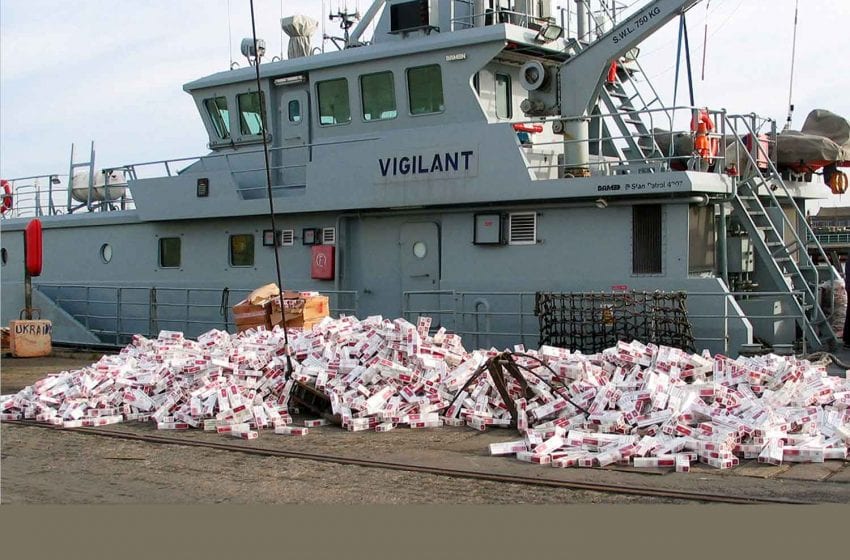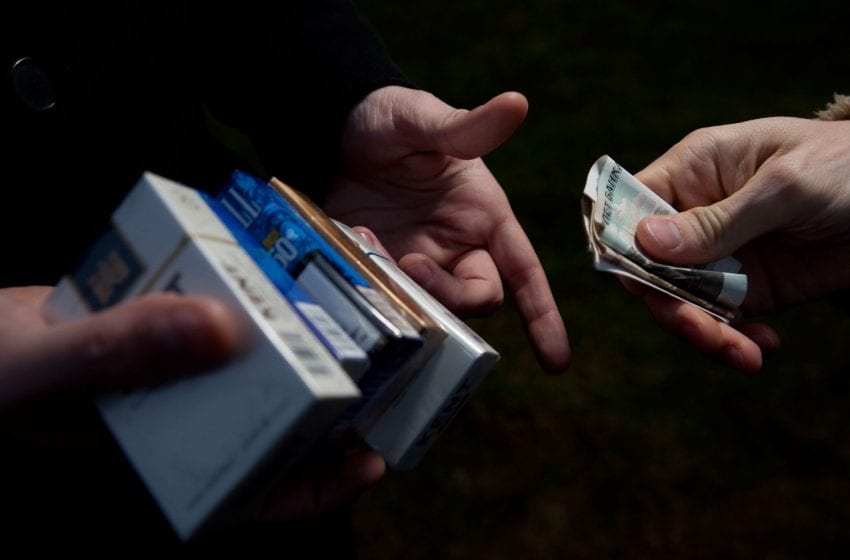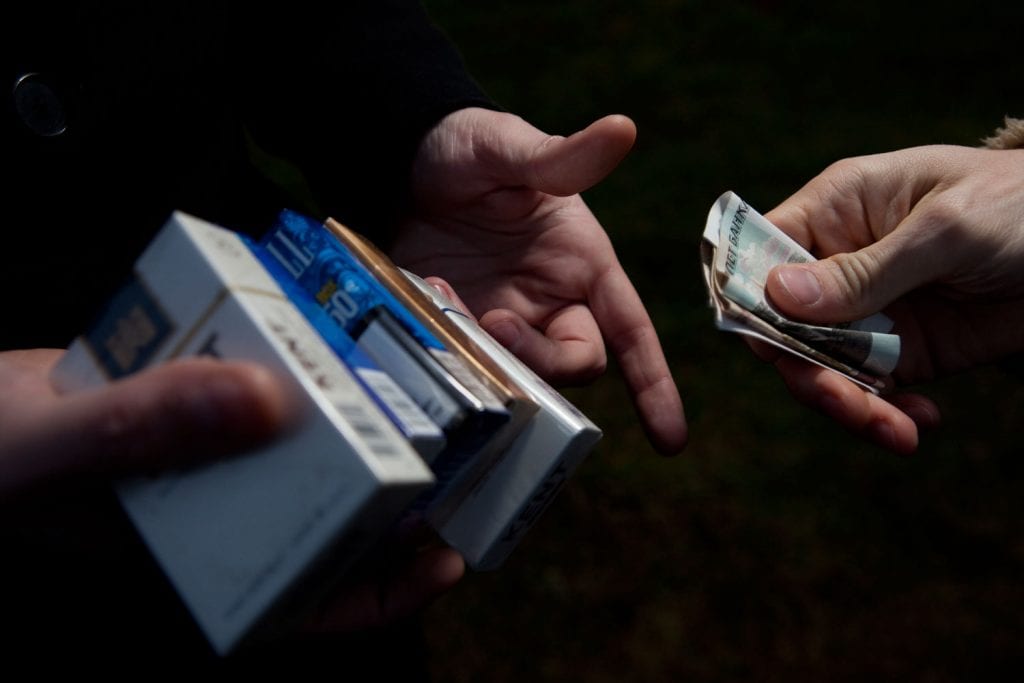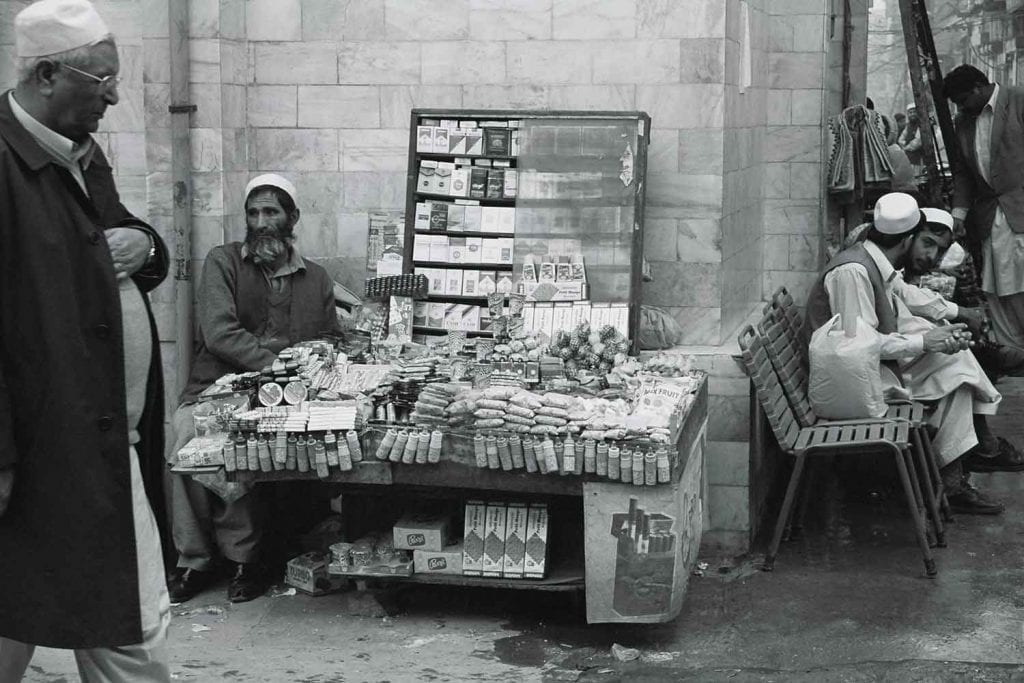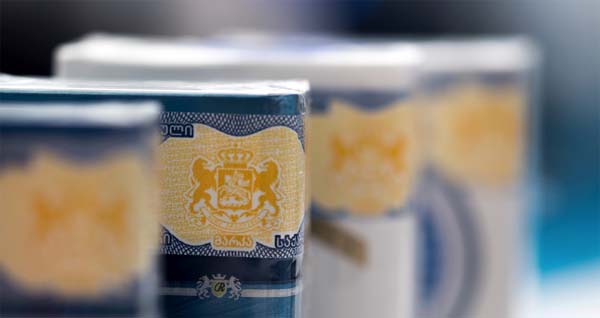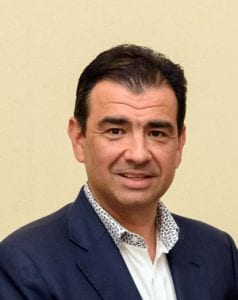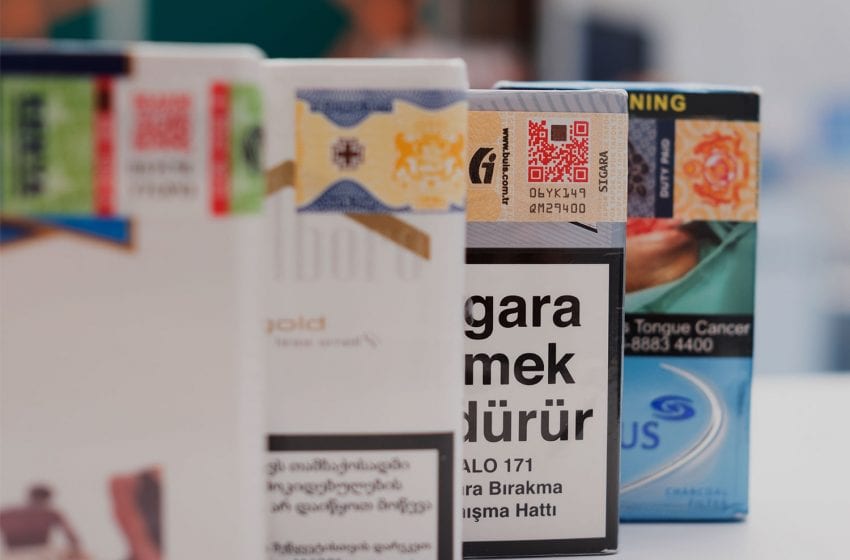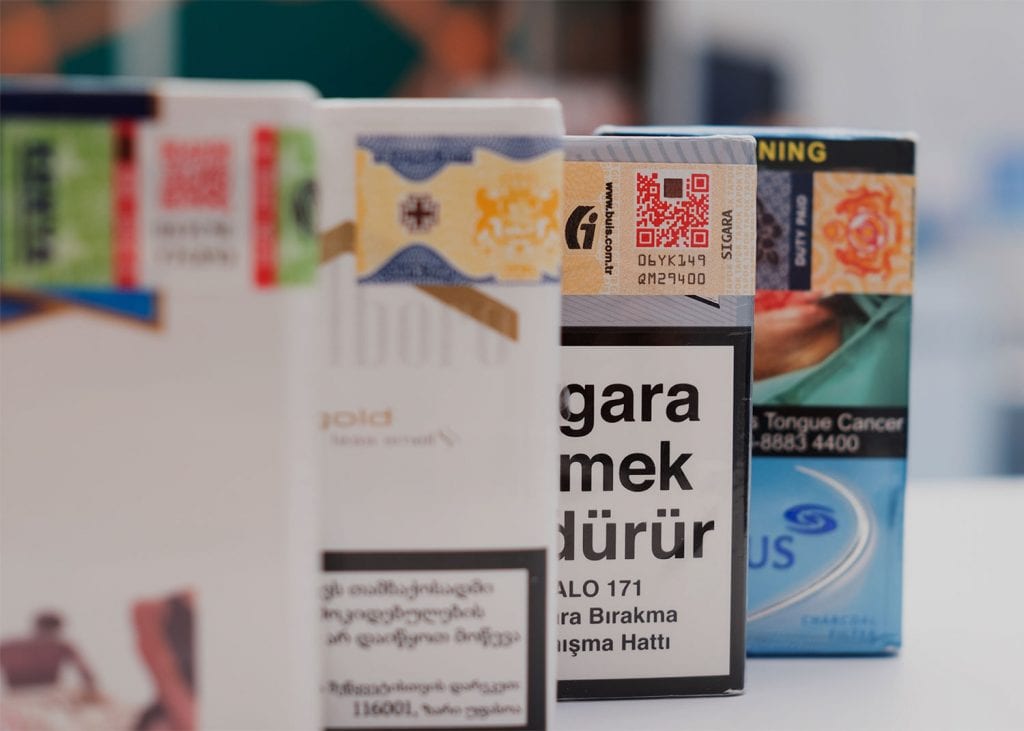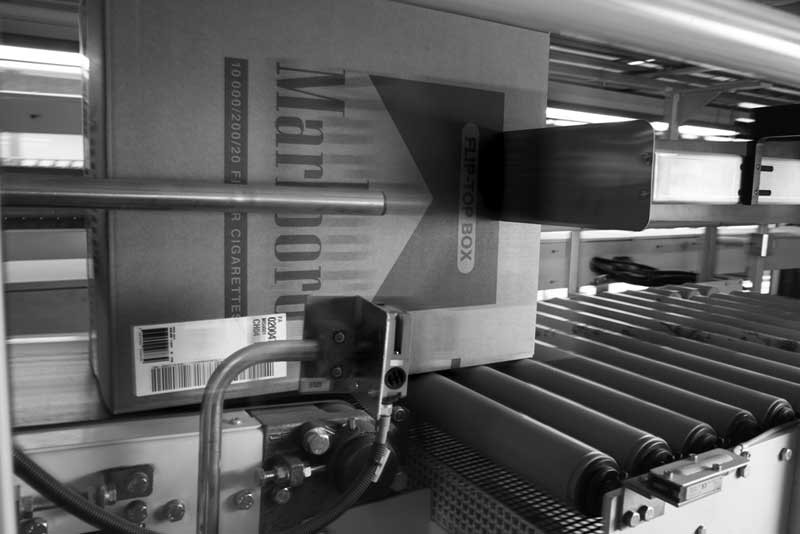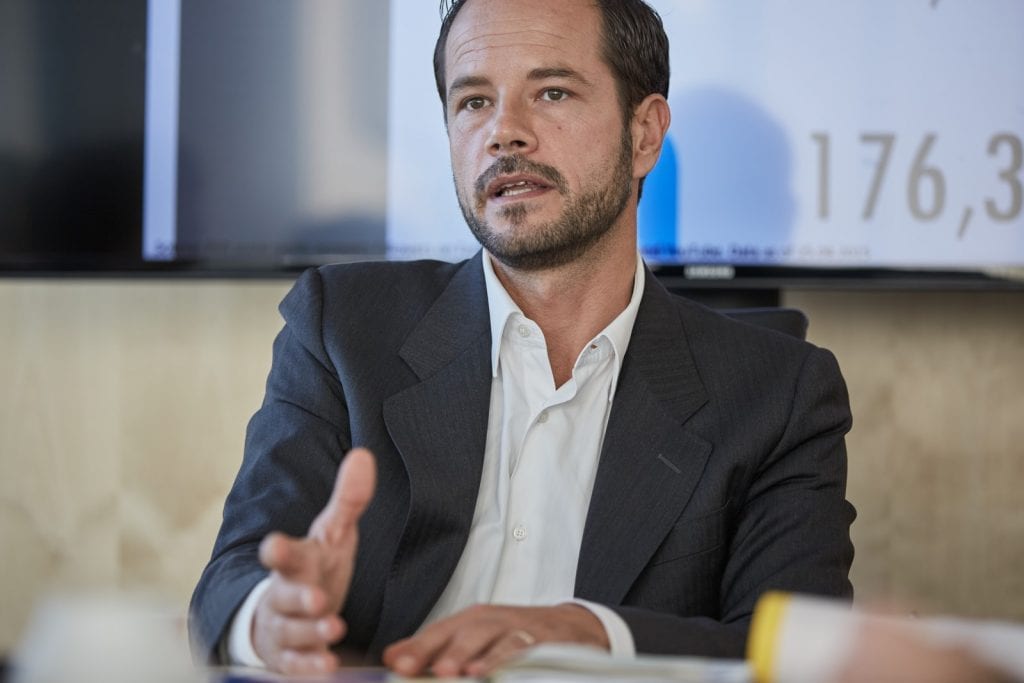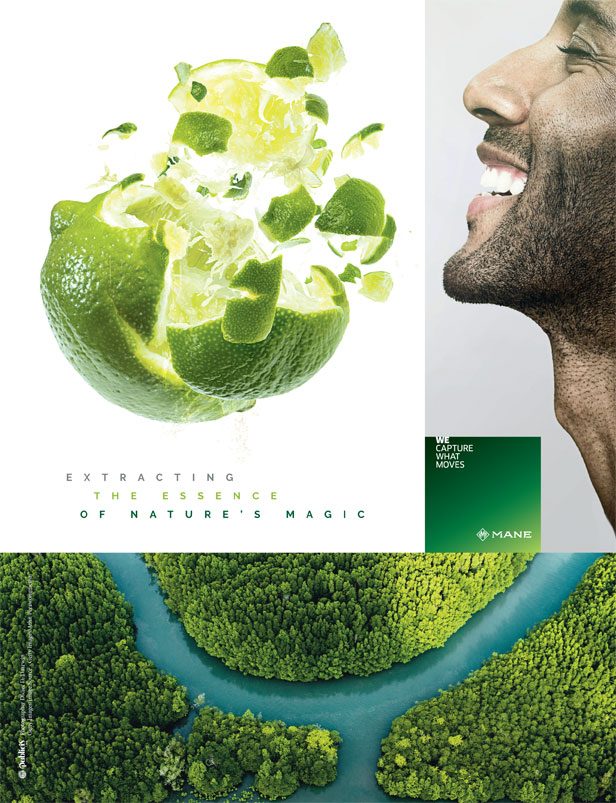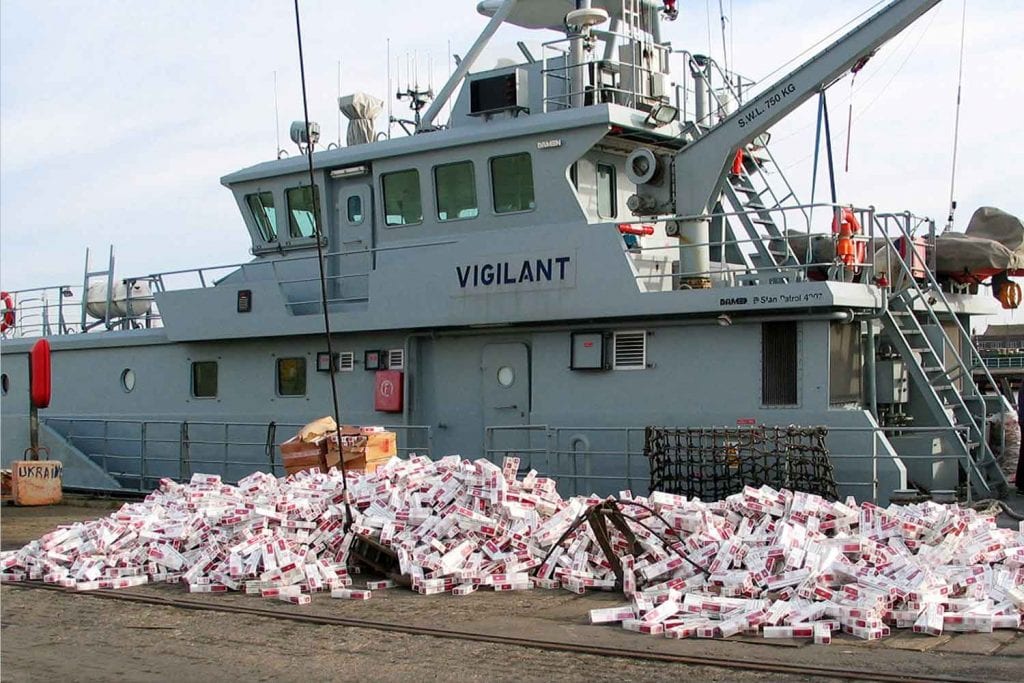
The European market for illicit cigarettes reached a record low in 2019, even as consumption of counterfeits continues to grow, according to a KPMG study commissioned by Philip Morris International (PMI).
In 2019, EU consumers purchased 38.9 billion illicit cigarettes—the lowest number since the KPMG study first took place in 2006. The figure represents represented 7.9 percent of total EU cigarette consumption, 0.7 percentage points less than in the previous year.
Despite the overall decline of illicit cigarette consumption, which continued for the seventh consecutive year, the consumption of counterfeit cigarettes continued to grow, reaching 7.6 billion, a 38.3 percent increase compared to 2018 and the highest level recorded to date.
“The continued decline of illicit tobacco trade in the EU is a positive development and reinforces the importance of supply chain control measures, strict enforcement, and collaboration in combating this issue,” said Alvise Giustiniani, vice president of illicit trade prevention at PMI.
“We must remain focused on these collective efforts, as there continue to be worrying trends like the increase of counterfeit cigarettes and the persisting problem of illicit whites. The first ever EU-wide tracking and tracing system that was introduced last year under the European Tobacco Products Directive is an important tool for law enforcement and one that we should continue to enhance through close collaboration and information-sharing to remain highly vigilant on emerging risks.”
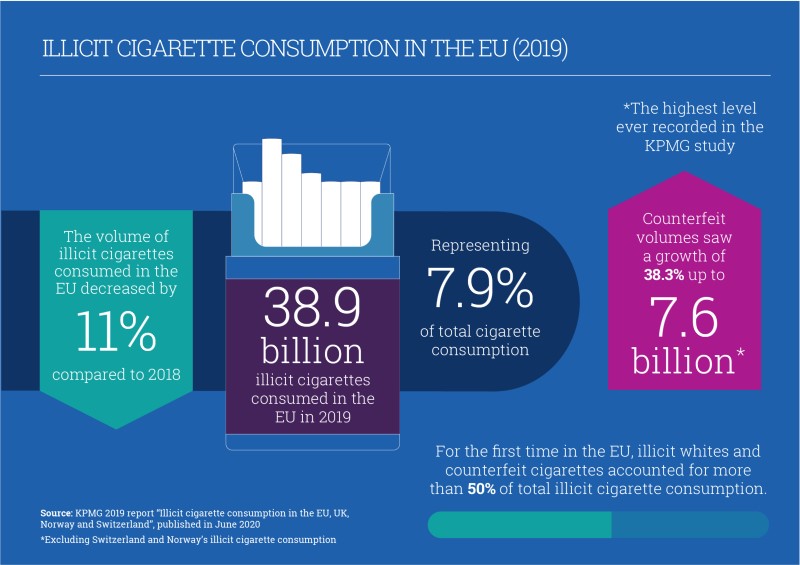
According to PMI, illicit trade undermines efforts to reduce smoking prevalence and makes unregulated tobacco products easily accessible. “For PMI to deliver a smoke-free future and enable millions of people who would otherwise continue to smoke to switch to better alternatives to cigarettes, it’s essential to eliminate illicit tobacco trade wherever it exists,” the company wrote in a statement.
Interviews with law enforcement conducted by KPMG as part of the study indicate that the manufacture of illicit whites and counterfeit cigarettes in illegal factories located in the EU is increasing. Insights from law enforcement also refer to emerging organized crime groups that specialize in the smuggling and sale of illicit raw tobacco.
Other report findings reveal that:
- Counterfeit cigarettes represent 19.5 percent of total illicit cigarette consumption. Compared to 2018, the biggest increases in counterfeit consumption occurred in the U.K. (by 137 percent, to 2.1 billion cigarettes) and France (by 82 percent, to 840 million cigarettes).
- Illicit whites continue to be a major element of illicit cigarette consumption, representing 35.6 percent of illicit consumption in the EU, or 13.8 billion cigarettes, up from 29.8 percent in 2018.
- For the first time since the research began in 2006, counterfeit cigarettes and illicit whites represent more than 50 percent of total illicit cigarette consumption in the EU.
- The countries with the largest volumes of illicit cigarette consumption in the EU were France, with 7.2 billion illicit cigarettes, and the U.K., with 5.5 billion illicit cigarettes.
- The highest shares of illicit cigarette consumption were found in Greece (22.4 percent), Lithuania (17.7 percent), and Ireland (17.5 percent). Compared to 2018, both Greece and Ireland saw a declining trend in illicit cigarette consumption, while Lithuania marked a slight increase.
- Illicit flows from identifiable markets outside the EU, such as Ukraine and Belarus, continued to decline. However, illicit products reportedly originated from within the EU—and destined to another EU country—increased in 2019.

